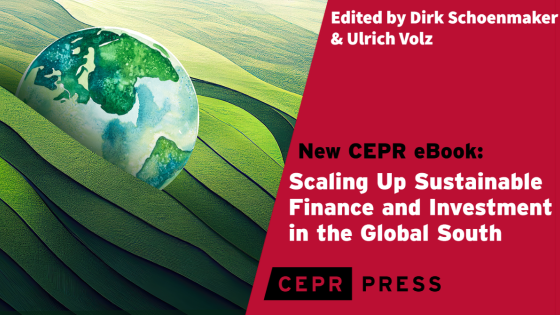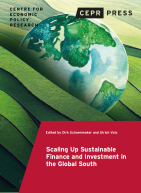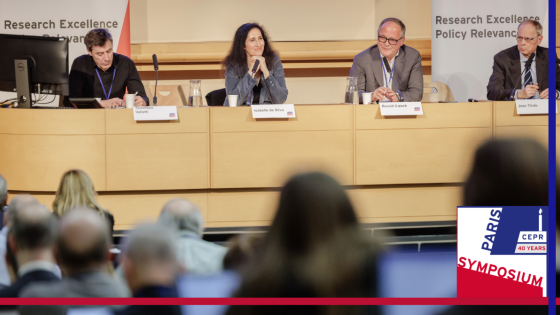A key issue exacerbating the lack of available funding is that capital is flowing from the Global South to advanced countries, when it should be flowing to developing countries to fulfil greater investment needs. There are numerous reasons why savings from EMDEs go to developed markets, including a desire to build up foreign exchange reserves, political and financial instability, and a lack of domestic investment opportunities.
To limit this outflow, strengthening domestic financial resource mobilisation is key. The authors stress the need to solidify local currency bond markets, adjust capital market infrastructure to satisfy the specific financing needs of companies in emerging markets, and develop digital solutions such as the tokenisation of bonds and shares to attract small-scale local investors.
There is also a need to attract institutional investors, who usually have minimum investment requirements, through the process of bundling together smaller loans and assets. This will allow smaller borrowers (including corporations and municipalities) to tap capital markets. Multilateral development banks, meanwhile, must assume a greater level of responsibility in advancing climate goals through much-needed concessional lending.
At the national level, development banks require support from international funds and institutions to develop stable frameworks to improve their standing and credit ratings, and to help them raise capital in private markets more easily. This will facilitate the necessary investments in areas such as education and healthcare, which private finance is unlikely to adequately fund.
The authors make clear, however, that to achieve the requisite national or international private investment it is crucial to get the broader framework conditions right, which entails having predictable and transparent national laws and administrative procedures. Furthermore, much greater efforts are needed to address the looming debt crisis in the Global South, since a failure to do so could severely hamper investment flows needed to lay the foundations for sustainable development.
Overall, the eBook makes clear that there is no easy fix to scaling up sustainable finance and investment in the Global South. However, the policies proposed in this eBook provide innovative and sustainable solutions for policymakers to make meaningful progress.



